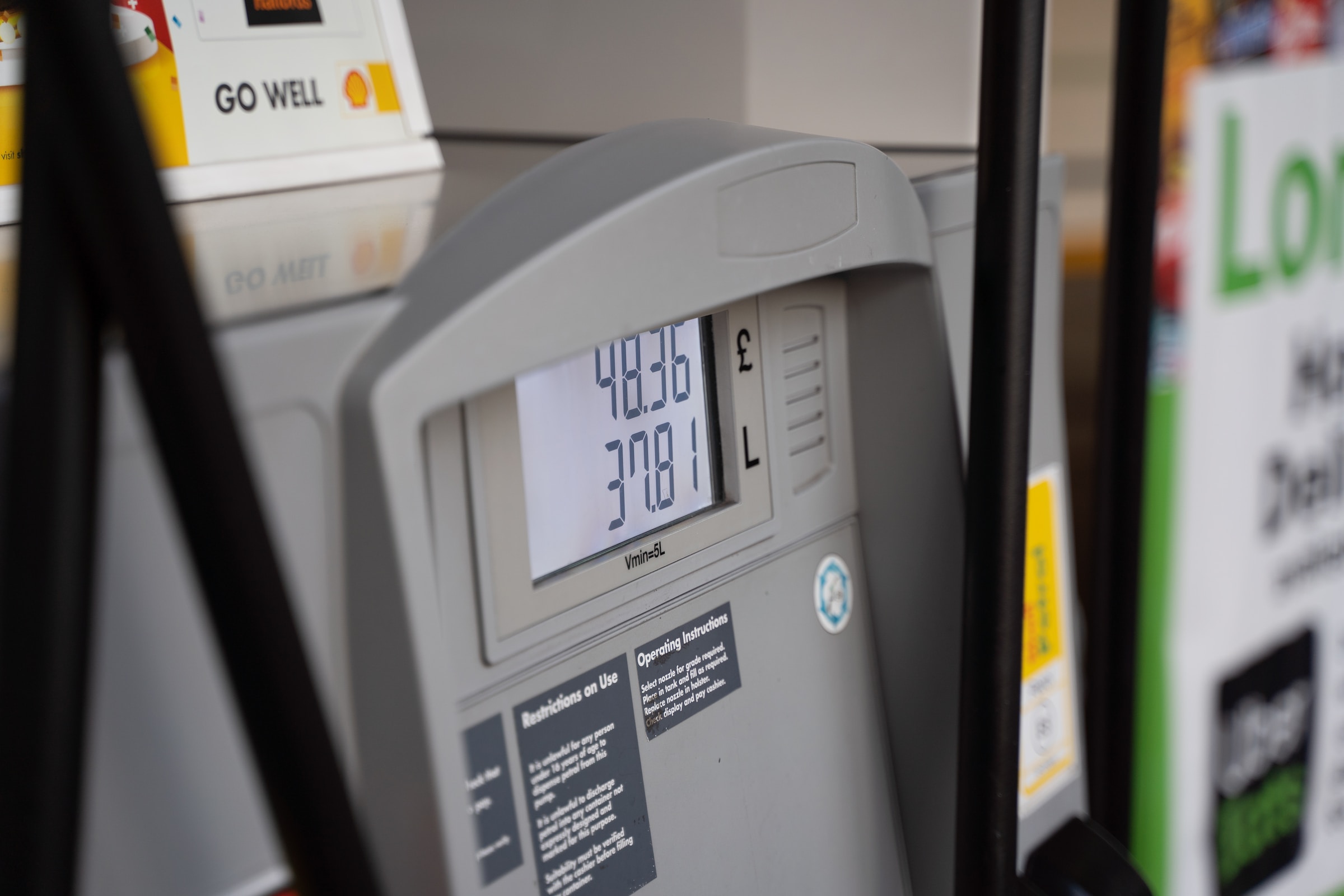With Shell and Chevron departing from two pivotal gas projects, Indonesia is poised to revitalize its flagging gas sector, aiming to double production by 2030, despite looming climate and financial challenges.
The Masela and Indonesia Deepwater Development (IDD) projects, estimated to cost $27 billion collectively, serve as test cases for Indonesia's commitment to attracting oil and gas investments and reversing its decade-long decline in output before climate change dampens fossil fuel demand.
However, these projects face significant challenges with the country's limitations on domestic gas prices, gas export restrictions, and the high costs of carbon capture and storage required to tackle global warming in new gas projects.
Just last month, Shell announced the sale of its stake in the Masela project to Pertamina, Indonesia's state-owned oil and natural gas corporation, and Malaysia's Petronas. Additionally, Chevron agreed to sell its stake in the IDD project to Italy's Eni.
Three years after the two majors expressed their intention to withdraw, completing these deals paves the way for the government to negotiate new terms for Indonesia's largest gas ventures following years of delays. Securing new investments is vital for Indonesia to achieve its ambitious goal of doubling gas production to 12 billion cubic feet per day (bcfd) by 2030 to keep up with growing domestic demand.
Forecasts from the Institute for Essential Services Reform indicate an expected 19% surge in local gas demand from 2023 to 7.6 bcfd in 2030.
To prevent Indonesia from becoming a net gas importer by 2040, drastic measures must be taken to attract investments. Andrew Harwood, a research director at Wood Mackenzie, emphasizes the urgent need for these changes.
Once a top-five exporter of liquefied natural gas (LNG), Indonesia's LNG exports have dropped by half within the last decade, according to Kpler data. The country has not approved any major oil or gas project since 2016, affecting the expansion plans of BP's Tangguh LNG plant.
Photo: Krzysztof Hepner/Unsplash



 Global Markets Slide as AI, Crypto, and Precious Metals Face Heightened Volatility
Global Markets Slide as AI, Crypto, and Precious Metals Face Heightened Volatility  Wall Street Rebounds as Investors Eye Tariff Uncertainty, Jobs Report
Wall Street Rebounds as Investors Eye Tariff Uncertainty, Jobs Report  Missouri Judge Dismisses Lawsuit Challenging Starbucks’ Diversity and Inclusion Policies
Missouri Judge Dismisses Lawsuit Challenging Starbucks’ Diversity and Inclusion Policies  Trump Endorses Japan’s Sanae Takaichi Ahead of Crucial Election Amid Market and China Tensions
Trump Endorses Japan’s Sanae Takaichi Ahead of Crucial Election Amid Market and China Tensions  Silver Prices Plunge in Asian Trade as Dollar Strength Triggers Fresh Precious Metals Sell-Off
Silver Prices Plunge in Asian Trade as Dollar Strength Triggers Fresh Precious Metals Sell-Off  American Airlines CEO to Meet Pilots Union Amid Storm Response and Financial Concerns
American Airlines CEO to Meet Pilots Union Amid Storm Response and Financial Concerns  U.S.-India Trade Framework Signals Major Shift in Tariffs, Energy, and Supply Chains
U.S.-India Trade Framework Signals Major Shift in Tariffs, Energy, and Supply Chains  South Korea Assures U.S. on Trade Deal Commitments Amid Tariff Concerns
South Korea Assures U.S. on Trade Deal Commitments Amid Tariff Concerns  Uber Ordered to Pay $8.5 Million in Bellwether Sexual Assault Lawsuit
Uber Ordered to Pay $8.5 Million in Bellwether Sexual Assault Lawsuit  Thailand Inflation Remains Negative for 10th Straight Month in January
Thailand Inflation Remains Negative for 10th Straight Month in January  Oil Prices Slide on US-Iran Talks, Dollar Strength and Profit-Taking Pressure
Oil Prices Slide on US-Iran Talks, Dollar Strength and Profit-Taking Pressure  Investors value green labels — but not always for the right reasons
Investors value green labels — but not always for the right reasons  Trump Lifts 25% Tariff on Indian Goods in Strategic U.S.–India Trade and Energy Deal
Trump Lifts 25% Tariff on Indian Goods in Strategic U.S.–India Trade and Energy Deal  Global PC Makers Eye Chinese Memory Chip Suppliers Amid Ongoing Supply Crunch
Global PC Makers Eye Chinese Memory Chip Suppliers Amid Ongoing Supply Crunch  South Africa Eyes ECB Repo Lines as Inflation Eases and Rate Cuts Loom
South Africa Eyes ECB Repo Lines as Inflation Eases and Rate Cuts Loom  UK Markets Face Rising Volatility as Hedge Funds Target Pound and Gilts
UK Markets Face Rising Volatility as Hedge Funds Target Pound and Gilts  Rio Tinto Shares Hit Record High After Ending Glencore Merger Talks
Rio Tinto Shares Hit Record High After Ending Glencore Merger Talks 































